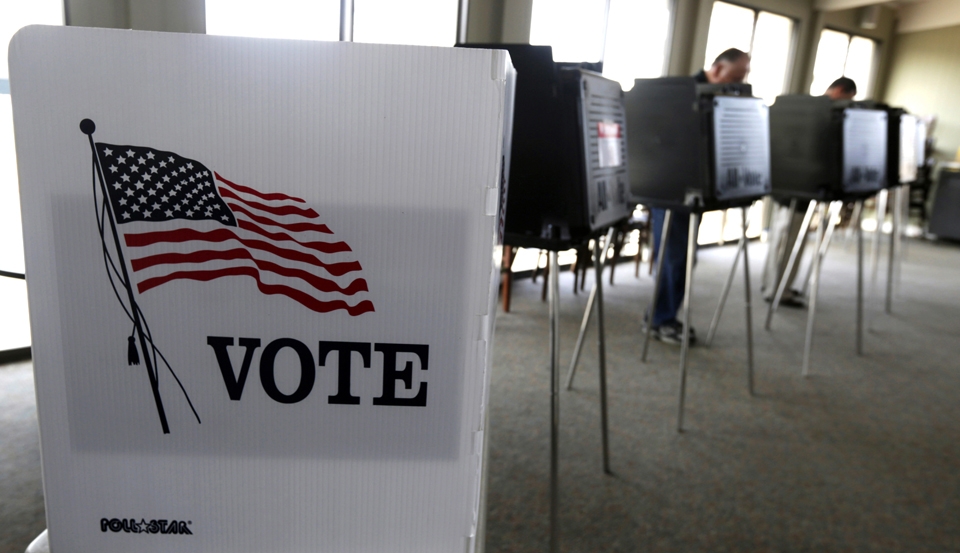
Josiah Martin | A&E Editor
11/08/18
As the whole nation focused unprecedented attention on House and Senate candidates during these midterm elections, people intently watching maps and needles on Tuesday night may have missed some of the state and local referenda that made major impacts in smaller areas.
In Allegheny County, voters rejected a referendum to amend the Allegheny County Home Rule charter. The amendment would have added a $25 tax on every $100,000 of a property’s value, which would have amounted to an $18 million Allegheny County Children’s Fund. The fund would have provided money for “services for early childhood learning, after school programs, and nutritious meals,” according to the text of the amendment provided by the Allegheny County Children’s Fund Initiative.
As for state measures, two states voted for gradual increases to the minimum wage. Missouri will see the minimum wage reach $12 by 2023, and Arkansas will see it reach $11 by 2021.
Several states voted on measures regarding the legalization of cannabis for recreational and medical use. Michigan voted to legalize and tax marijuana for recreational use by people over the age of 21. North Dakota rejected a similar measure that would have included an expungement process for people serving convictions for legalized substances.
Missouri voted to approve a similar amendment, with an added stipulation that spent a portion of the 4 percent tax “for health and care services for military veterans by the Missouri Veterans Commission.” Missouri voted against two similar referenda. One would have included a larger 15 percent tax, funding a “state research institute to conduct research with the purpose of developing cures and treatments for cancer and other incurable diseases or medical conditions.” The other would have seen a smaller 2 percent tax distributed toward “veterans’ services, drug treatment, early childhood education, and for public safety in cities with a medical marijuana facility.”
Oklahoma voted to legalize the cultivation and use of marijuana for medical purposes, and Utah voted on a similar measure, with 53.2 percent of voters approving the measure, with 77 percent of precincts reporting at the time of print.
Alabama and West Virginia voted to add language to their state constitutions that specifically clarify that neither state’s constitutions guarantee the right to an abortion. Oregon, on the other hand, voted to reject a measure that would have banned the use of public funding for abortions.
On issues of elections themselves, Colorado, Michigan and Utah voted to move redistricting into the hands of independent commissions. Florida, notably, voted to approve an amendment that restores felons’ right to vote after they have served the entirety of their sentence, with the exception of “those convicted of murder or sexual offenses, who would continue to be permanently barred from voting unless the Governor and Cabinet vote to restore their voting rights on a case by case basis.”
Massachusetts voted to maintain its current law banning discrimination against people based on their gender identity.



